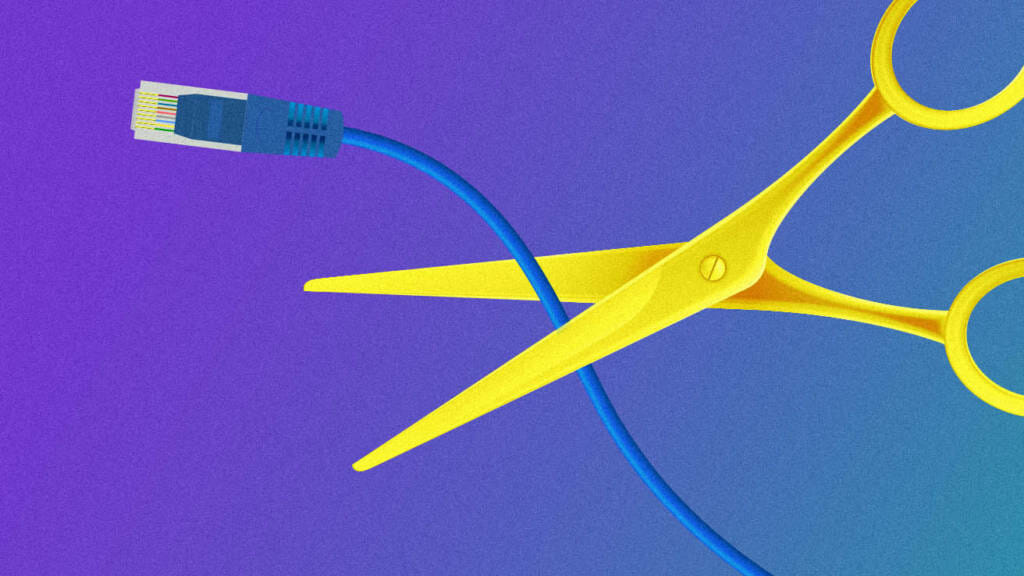With net neutrality on the chopping block, marketers may be wondering how a repeal of the FCC’s Open Internet Order would impact them. The answer depends on what internet service providers (ISP) choose to do with that power.
What Is Net Neutrality?
Instated in 2015, net neutrality rules—sometimes referred to as “internet freedom” or the “open internet”—protect US consumers against preferential treatment by ISPs. Broadband service providers cannot block or deliberately slow speeds for internet services or apps, favor some internet traffic in exchange for consideration or engage in other practices that harm internet openness.
The current net neutrality rules are based on Title II of the Communications Act of 1934, which protects consumer access to necessary utilities. The 2015 rules allow the FCC to oversee internet providers as if they are utilities or “common carriers” like a standard landline phone system. Those for an open internet claim that more regulations on ISPs keep them from abusing their power. Those against say the rules are stifling innovation, including smaller internet providers who can’t afford regulation fees.
A repeal of these regulations would enable ISPs to create “fast lanes” for sites they directly benefit from and slower internet speeds for everyone else. In addition, these providers would be able to block or deliberately slow speeds for sites that are in direct competition, are owned by competition or who refuse to pay a higher rate. The only difference is that ISPs would have to publicly disclose these actions.
However, this doesn’t mean ISPs like AT&T, Verizon and Comcast, which support the repeal of net neutrality rules, will hold online access for ransom.
“The truth of the matter is that we decided to abandon successful policies solely because of hypothetical harms and hysterical prophecies of doom,” said FCC chairman Ajit Pai in an April statement.
Comcast promises consumers that it will stay true to its net neutrality policies, regardless of the regulations in place. AT&T has made similar statements, while actively pursuing a repeal.
“We agree that no company should be allowed to block content or throttle the download speeds of content in a discriminatory manner,” AT&T said in a July statement.
But consumers are outraged by the fact that ISPs could play favorites, and some have been accused of doing so in the past.
Why Marketers Should Care About An Open Internet
Equal access to the internet means equal opportunity for consumers to view digital advertising. With Google and Facebook accounting for more than 60 percent of digital ad spend this year, prices may go up next year if they are forced to pay for internet fast lanes.
A deliberate disparity in internet speeds could make or break return on investment (ROI) for a marketer. Let’s say your company is a sportswear outlet and you purchase advertising on ESPN. Without net neutrality, Verizon—which owns Yahoo and AOL—could offer faster speeds on websites like Yahoo Sports and slower speeds on competitors like ESPN or Sports Illustrated. Suddenly, your ads load slower and fail to reach their intended audience.
Recent studies show that 40 percent of consumers will leave a mobile website if it fails to load in three seconds or less. If a publisher is forced to upgrade their internet service plan, that cost may roll downhill to its advertisers.
ISPs may also incentivize its customers to visit preferred content by striking deals with publishers. For example, visiting a preferred publisher wouldn’t count against mobile user data plans, while competitor sites would. Media firms trafficked by incentivized mobile carriers may spend more to be seen and increase ad prices for marketers. AListDaily reached out to IAB about how the FCC’s ruling could affect marketers, but it did not respond by the publishing deadline.
If the repeal of net neutrality rules does allow ISPs more funds to invest in innovation, faster speeds and new technology, that may offer marketers more ways to reach consumers. Faster speeds could mean the difference between a display ad and an interactive video, for example. Comcast and Verizon have both invested a great deal in esports, and are therefore more likely to favor the video game industry when it comes to internet speeds—good news for sponsoring brands.
Should an ISP choose to play favorites, consumers might have the option to choose another carrier and let competition drive the market. That is, of course, if ISPs follow FCC rules on transparency and consumers take the time to read said disclosures.
“Any ISP that is so foolish as to seek to engage in gatekeeping will be quickly and decisively called out,” said AT&T.
With some of the world’s largest companies on either side of the open internet debate, time will tell which marketers benefit from a repeal.

